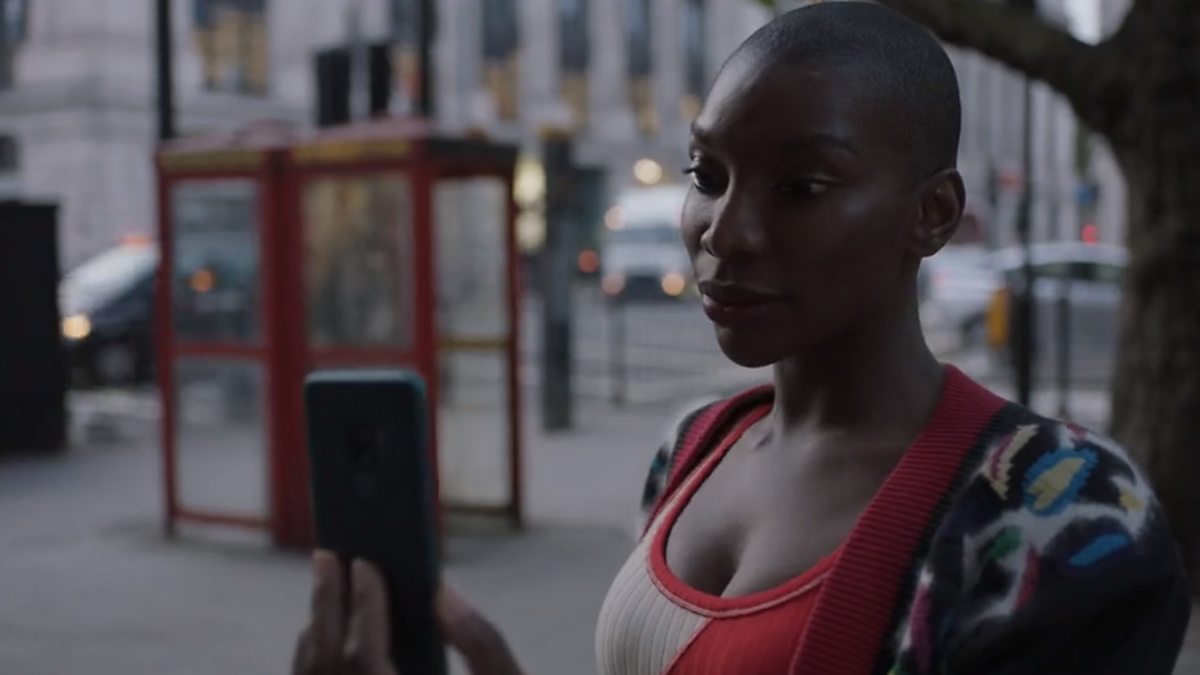
Not everyone has a cell phone.” She does this to remind herself of the bigger picture. Arabella mentions that she needs to be around other people, and if that isn’t possible and she is alone, she repeats to herself, “There are hungry children.

In the fourth episode, “That Was Fun,” Arabella’s therapist asks her how she is coping with her emotions following her assault. For Arabella, she finds it difficult to focus on tackling the trauma of her sexual assault when so many people experience hardships that make hers seem trivial and small in nature. The world around us seems inevitably doomed, with insurmountable issues that dwarf us and the personal traumas we experience. These scenes, at first, seem separate and irrelevant from the main storyline, but actually highlight a phenomenon millennials deal with, which is a consistent hyper-awareness of social issues. On top of not being able to recall the events from the night in question, reporting the assault, and trying to find some semblance of normalcy after such a violation, there is a constant looming awareness of global strife: flooding, world hunger, deforestation, and climate change. With the help of her friends Terry (Weruche Opia) and Kwame (Paapa Essiedu), Coel retraces her steps from the night of her assault trying to jog her memory of how she ended up violated. The premise is inspired by Coel’s own experience of being sexually assaulted the night she went out to blow off steam while she tirelessly worked on the second season of Chewing Gum. She spends the following morning unsure of what transpired the night before until a flashback reveals she was raped. As she struggles to meet a deadline for her debut novel, Chronicles of a Fed-Up Millennial, Arabella decides to go out in London for a night of debauchery with friends.
#Music from i may destroy you series
The series starts with Arabella, played by Coel, a Twitter personality turned author, recounting the night she was sexually assaulted by a stranger. And it’s the small moments and little details in I May Destroy You that have the most profound impact within the story. With her depiction, Coel has created one of the most comprehensive works of art to tackle rape culture throughout 12 episodes, she digs into all of the muddy subtleties and gray areas without hesitation or remorse. I May Destroy You, which wrapped up its first season on HBO on Monday (August 25th), is a painstakingly honest portrayal of what happens when millennials try to cope with confronting their trauma.

Coel’s response: “I’m not aware of that pressure, to be honest.” This attitude probably contributes to her effortless ability to tap into the zeitgeist and capture snapshots of contemporary truths and relevant discourses. In an interview with Shondaland, Coel is asked about being “beholden to the often binary rules of wokeness” mostly found on Twitter. Michaela Coel - writer, creator, and star of HBO’s brilliant I May Destroy You - spares no one from her transparently objective scrutiny. I May Destroy You, which recently wrapped up its first season on HBO, is a painstakingly honest portrayal of what happens when millennials try to cope with confronting their trauma.


 0 kommentar(er)
0 kommentar(er)
